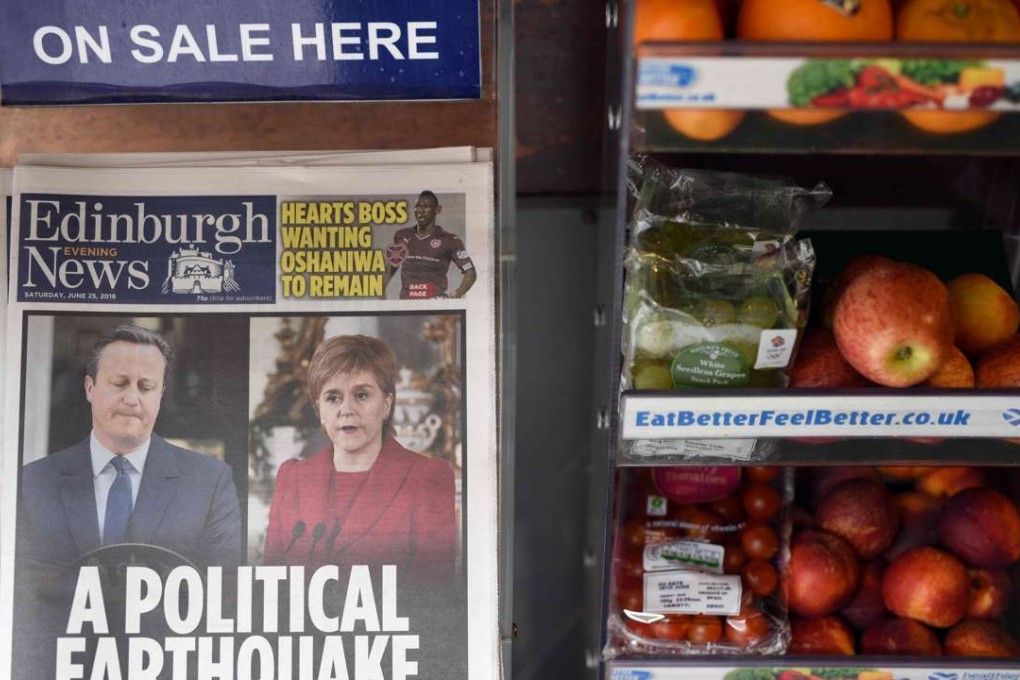Mind the Gap | The Brexit outcome tells us a lot about the insecurity felt by older voters
The tendency of older British voters to support leaving the European Union points to growing anxiety and a yearning for simpler times

I realised where are all the 50 years and older, middle aged Hong Kong business people gathering to collectively exorcise their angst about the city’s economic and political future. It dawned on me last week when I attended an Air Supply concert.
Air Supply performed in front of a loyal Hong Kong crowd annually repeating the same songs from their 70s and 80s hit parade such as “Lost in Love” and “Making Love Out of Nothing At All”. It isn’t as much as a concert, but a brief, shining, sentimental love-in between the band and its most affectionate fans.
When you’re aged and confronted with economic fear and uncertainty, your instincts tell you to defend whatever you have left of your world
Almost every soft rock hit from the 70s and 80s by bands like Bread or the Eagles is popular here. This is a city whose people psychologically seek to avert the future. Altogether it represents a tour of the tortured psyche of Hong Kong’s baby boomers who represent the city’s professional and business ownership classes.
Several years ago, I watched a one woman play, a tribute performance honouring 80s Cantonese pop superstar Anita Mui. The enthralled audience sang along to music reliving their childhood and briefly delivering themselves from what lies behind the curtain of Hong Kong’s future.
Nostalgia is a delicate, but potent attraction to better days. It is an emotional twinge from your heart, far more powerful than memory alone. It takes us to a place where we long to go again – Hong Kong in the 70s and 80s when enough hope and opportunities existed for everyone.
